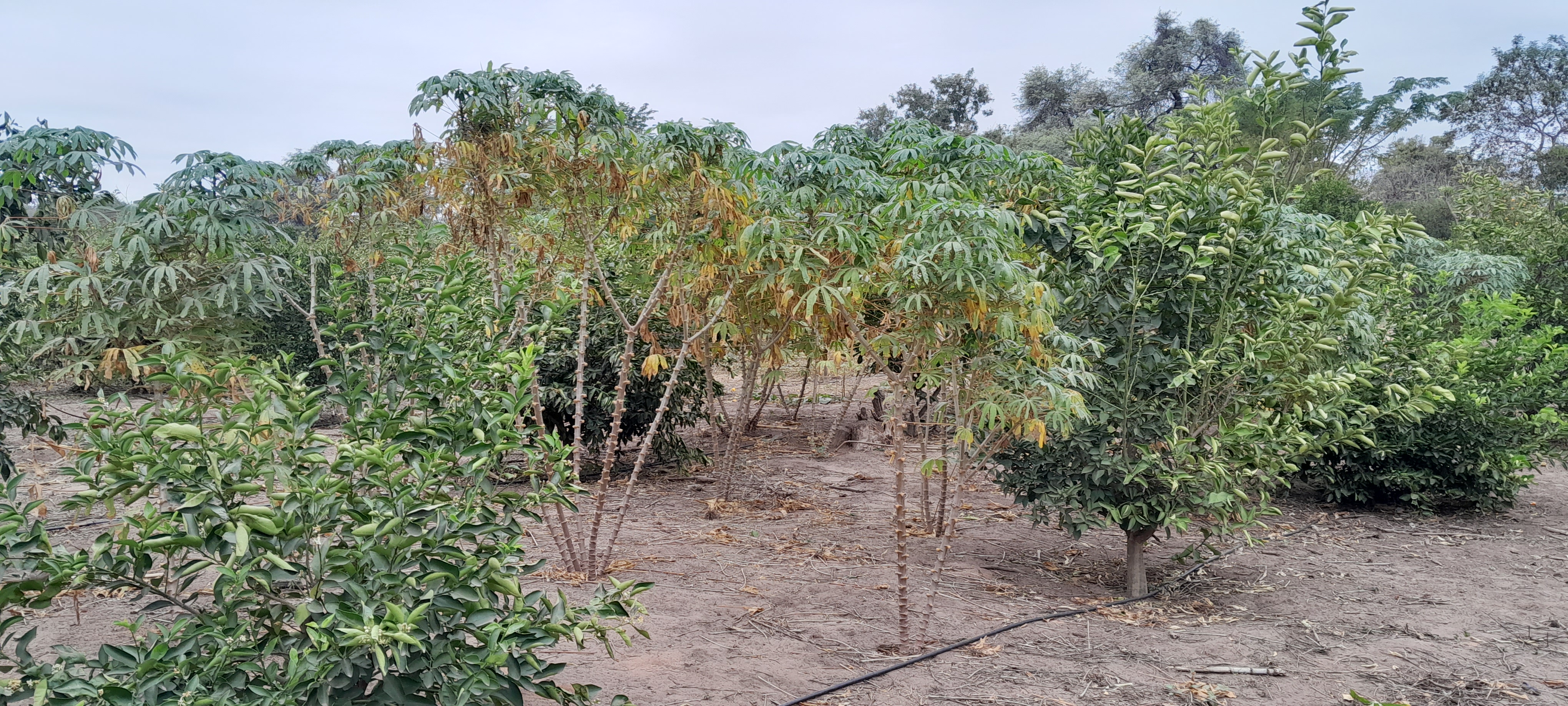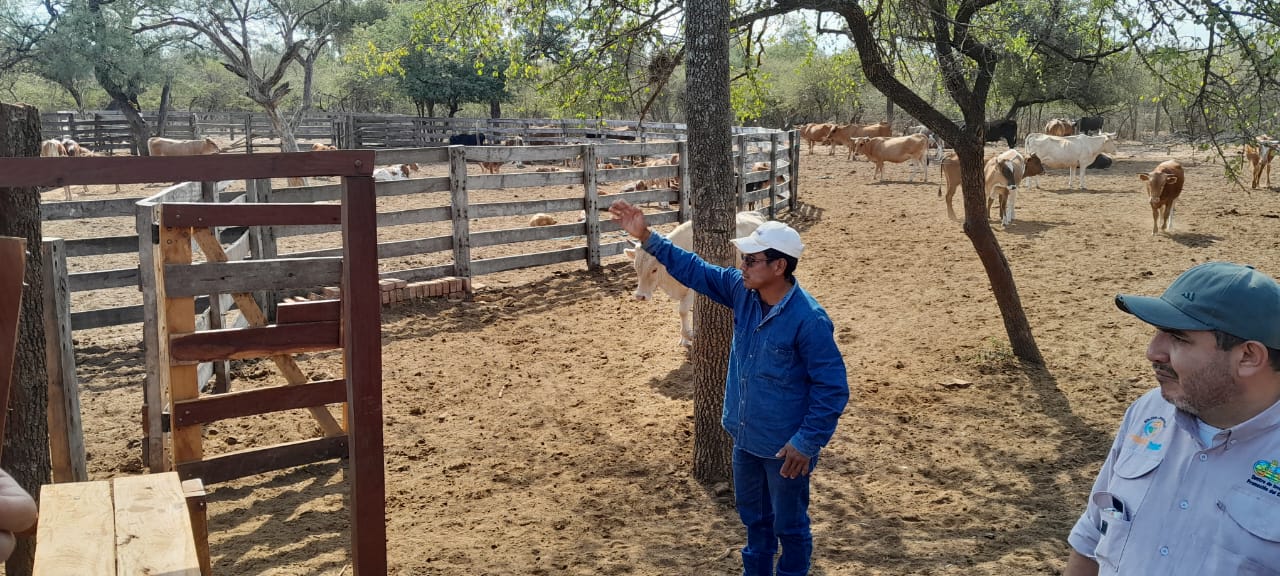
EVALUACIÓN FINAL DEL PROYECTO: “GOBERNANZA AMBIENTAL Y CONSOLIDACIÓN DE SISTEMAS PRODUCTIVOS SOSTENIBLES"
EVALUACIÓN FINAL DEL PROYECTO: “GOBERNANZA AMBIENTAL Y CONSOLIDACIÓN DE SISTEMAS PRODUCTIVOS SOSTENIBLES"
Durante los meses de junio y agosto de 2022, hemos tenido la oportunidad de evaluar el proyecto “Gobernanza ambiental y consolidación de sistemas productivos sostenibles en los Departamentos de Boquerón/Alto Paraguay (Paraguay) y Santa Cruz/Chuquisaca (Bolivia)” financiado por la Delegación de la Unión Europea en Bolivia y cofinanciado y ejecutado por el Centro de Investigación y Promoción del Campesinado (CIPCA) como coordinador del proyecto, OXFAM Bolivia, OXFAM Paraguay, Procomunidades Indígenas (PCI) del Paraguay y Alter Vida del Paraguay. Este Proyecto fue diseñado y ejecutado con el objetivo de contribuir a la sostenibilidad ambiental y productiva en los biomas degradados del Chaco, el Bosque Seco Chiquitano y el Pantanal de América del Sur, como base para permitir a la población que habita en ese territorio, principalmente indígenas para mejorar su situación y condición.

Para alcanzar este objetivo, el Proyecto planteó las siguientes estrategias: (i) fortalecer capacidades en varios niveles (individuos, familias, asociaciones productivas, líderes/dirigentes, comunidades y organizaciones) y temas (desarrollo resiliente, gobernanza, uso de tecnologías para la producción sostenible, demandas y propuestas concertadas, gestión de emprendimientos) de la población indígena y campesina, con una acción especialmente dirigida a mujeres y jóvenes; (ii) mejorar la sostenibilidad de la dinámica productiva, vinculada con innovaciones tecnológicas para la producción, la gestión de recursos hídricos y el potenciamiento de emprendimientos económicos agroecológicos; y (iii) mejorar la gobernanza en desarrollo resiliente de los biomas a partir de la gestión del conocimiento, la interacción entre actores diversos en plataformas presenciales y virtuales y la formalización de espacios de diálogo político entre organizaciones indígenas/campesinas y autoridades departamentales para el desarrollo, promoción y aplicación de acuerdos, políticas y estrategias a nivel regional.

Ha sido muy interesante verificar que este Proyecto ha conseguido importantes avances y efectos favorables en los territorios de implementación, pero también se ha visto la necesidad de seguir acompañando y fortaleciendo estos procesos, puesto que las amenazas para las reservas naturales y las naciones indígenas en esta región son latentes, y ante una débil voluntad política para frenar el avance de la frontera agrícola y de los avasallamientos, parece ser que la única respuesta posible es la autogestión y la defensa de la tierra-territorio desde adentro, a partir de sus estructuras orgánicas y de la gestión territorial adaptativa, y por lo mismo, estos son procesos de largo aliento.
